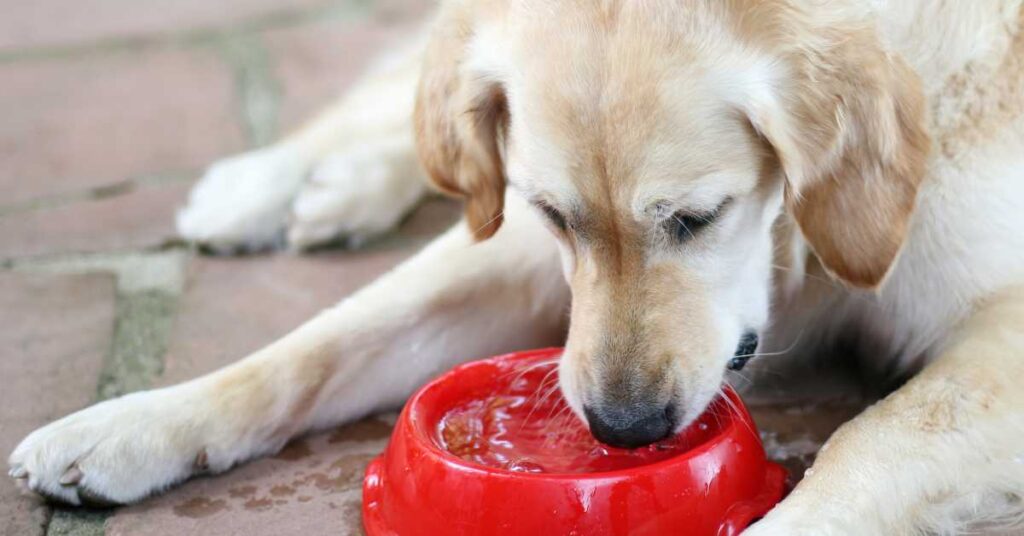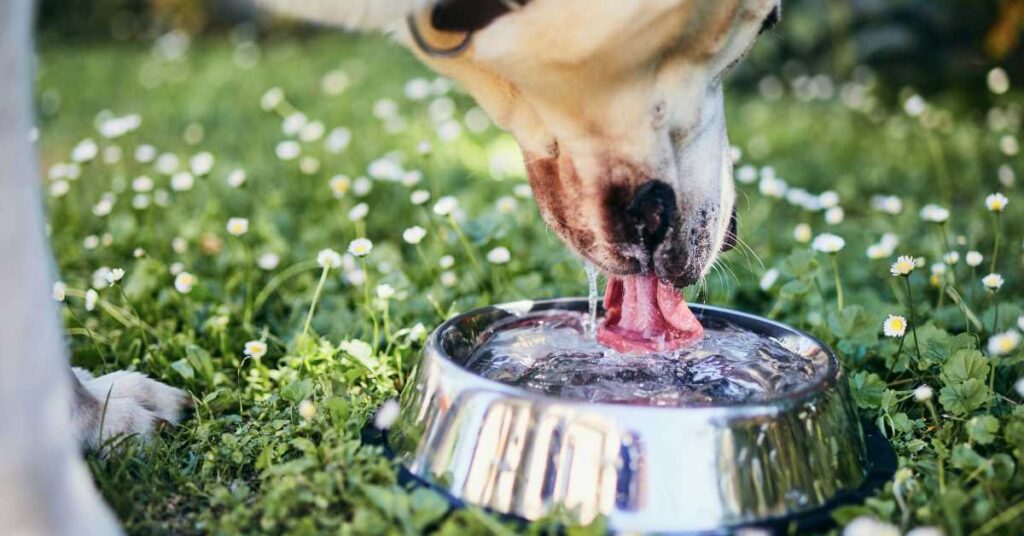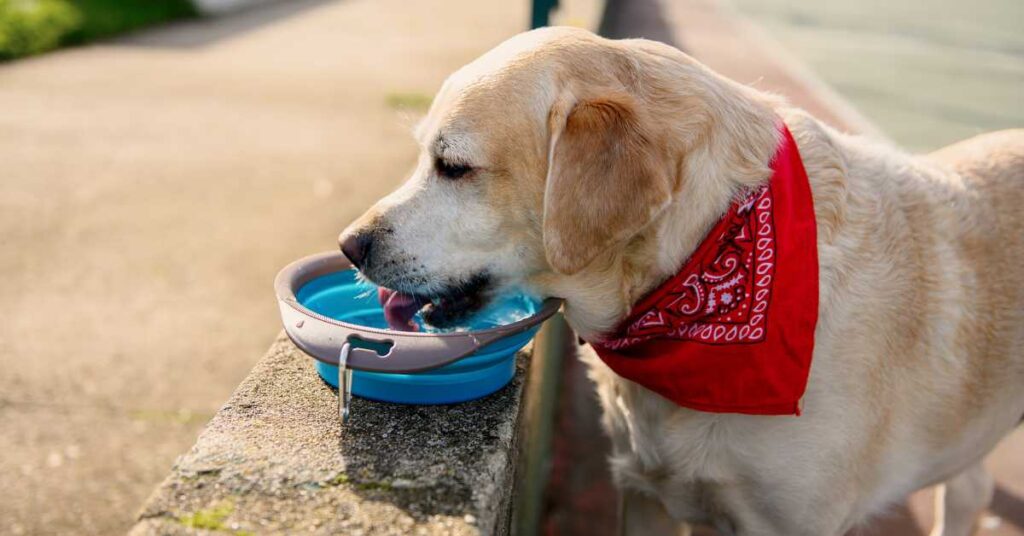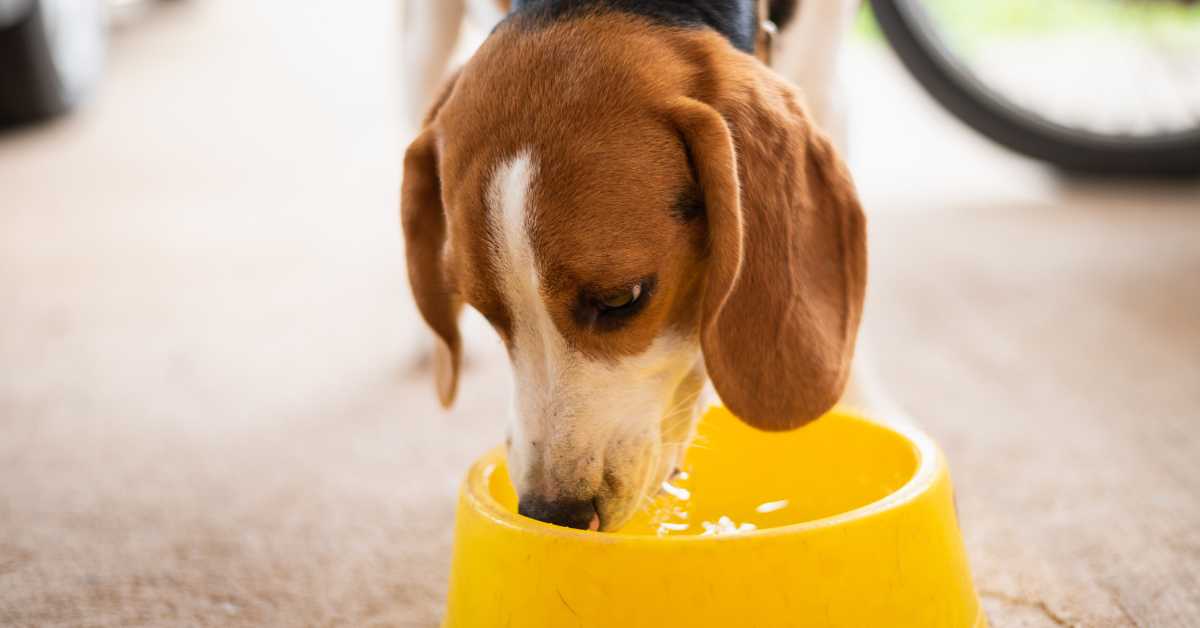When it comes to the health and well-being of our dogs, water plays a crucial role. So, what is the best drinking water for dogs? In this comprehensive guide, we’ll dive into various types of water, discuss their benefits and drawbacks, and provide practical tips to ensure your dog stays hydrated and healthy.
Understanding the Importance of Water for Dogs

Water is vital for all living beings, and dogs are no exception. It is essential for digestion, nutrient absorption, temperature regulation, and waste elimination. Inadequate water intake can lead to dehydration, kidney stones, urinary tract infections, and other serious health issues.
Types of Water and Their Suitability for Dogs
1. Tap Water
Most dog owners use tap water for their pets. While generally safe, tap water quality can vary greatly depending on where you live. Some regions may have water with high levels of minerals or contaminants that could harm your dog.
Pros:
- Convenient and readily available.
- Inexpensive.
Cons:
- Potential presence of chlorine, fluoride, or heavy metals.
- Possible contamination from old pipes.
Tip: If you’re concerned about tap water quality, consider using a water filter to remove impurities.
2. Bottled Water
Bottled water is another option that some pet owners consider for their dogs. It is often perceived as cleaner and safer than tap water.
Pros:
- Generally free from harmful contaminants.
- Convenient for travel.
Cons:
- More expensive than tap water.
- Environmental impact from plastic bottles.
Tip: Look for bottled water with low mineral content to avoid excessive mineral intake.
3. Filtered Water
Filtered water can be an excellent choice for dog owners looking to provide clean and safe drinking water. Water filters can remove various impurities, including chlorine, heavy metals, and bacteria.
Pros:
- Removes many contaminants found in tap water.
- Cost-effective in the long run.
Cons:
- Initial investment in a quality filter system.
- Regular maintenance and filter replacements required.
Tip: Ensure the filter you choose is certified to remove the specific contaminants present in your tap water.
4. Distilled Water
Distilled water is purified through a process of boiling and condensation, removing most impurities and minerals.
Pros:
- Extremely pure, free from contaminants.
- Suitable for dogs with specific health issues.
Cons:
- Lacks essential minerals found in regular water.
- Long-term use may lead to mineral deficiencies.
Tip: Use distilled water occasionally or mix it with mineral-rich water to balance your dog’s nutrient intake.
5. Spring Water
Spring water comes from natural underground sources and is often considered a healthy option for dogs.
Pros:
- Contains natural minerals beneficial for health.
- Typically free from harmful chemicals.
Cons:
- Can be more expensive than tap or filtered water.
- Mineral content can vary.
Tip: Check the source and mineral content of the spring water to ensure it meets your dog’s needs.
Best Drinking Water for Dogs with Specific Needs

Dogs with Kidney Disease
For dogs with kidney disease, hydration is crucial. Filtered or bottled water with low mineral content is often recommended to reduce the strain on their kidneys.
Puppies
Puppies need plenty of clean water to support their rapid growth. Filtered water can provide a safe and healthy option without the potential contaminants found in tap water.
Senior Dogs
Senior dogs may have specific health issues requiring closer attention to their hydration. Filtered water can help ensure they receive clean and safe water.
Practical Tips for Keeping Your Dog Hydrated

1) Regularly Refill Water Bowls: Ensure your dog always has access to fresh water. Refill and clean their water bowl daily.
2) Use a Water Fountain: Dogs may be more inclined to drink from a moving water source. Pet water fountains can encourage increased water intake.
3) Monitor Water Intake: Keep an eye on how much water your dog is drinking. Significant changes in consumption can indicate health issues.
4) Provide Multiple Water Sources: Place water bowls in different locations around your home to make it easy for your dog to find water.
5) Consider Adding Water to Food: If your dog isn’t drinking enough, add water to their dry food to increase their hydration.
FAQs
Can Dogs Drink Coconut Water?
Can Dogs Drink Sports Drinks?
Can Dogs Drink Flavored Water?
How much water should my dog drink daily?
What are the signs of dehydration in dogs?
Can I give my dog ice cubes?
Is it safe for dogs to drink from ponds or streams?
How can I encourage my dog to drink more water?
Conclusion
Providing the best drinking water for dogs is essential for their overall health and well-being. While tap water is convenient, filtered or bottled water can offer additional peace of mind regarding purity and safety. Always monitor your dog’s water intake and consult with your veterinarian if you have any concerns about their hydration. By ensuring your dog has access to clean, fresh water, you’ll be supporting their health and happiness for years to come.
For more tips on your dog’s health, check out our previous article: What is the Best Dog Nutrition?
Recommended Products on Amazon
1) PetSafe Drinkwell Platinum Pet Fountain: A great option for encouraging your dog to drink more water.
Buy on Amazon
2) Brita Standard Water Filter: Ideal for providing filtered water for your dog.
Buy on Amazon
3) BPA-Free Dog Water Bowl: Ensure your dog has access to fresh water at all times with this high-quality water bowl.
Buy on Amazon
Incorporating these practices and products into your dog’s daily routine can make a significant difference in their hydration and overall health. Remember, the best drinking water for dogs is clean, safe, and readily available.

1 thought on “Best Drinking Water for Dogs”
Comments are closed.